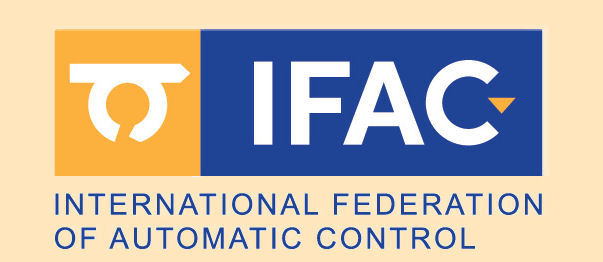| Paper MoB2.6
Yarmohammadi, Erfan (Kineton R&D, Kineton S.r.l., 80146 Napoli, Italy, Italy), Bahadure, Sushant Waman (Kineton R&D, Kineton S.r.l., 80146 Napoli, Italy, Italy), Fiengo, Giovanni (Universita' degli Studi del Sannio), Tufo, Manuela (University of Sannio, Benevento, Italy), Basile, Giacomo (University of Genova), Petrillo, Alberto (University of Naples Federico II), Santini, Stefania (Univ. di Napoli Federico II)
On the Experimental Validation of Adaptive MPC-Based Path Tracking Controller in CCAM Environment
Scheduled for presentation during the Regular Session "Control for cooperative driving and adaptive cruise control" (MoB2), Monday, June 16, 2025,
17:10−17:30, Jos
AAC 2025 11th IFAC International Symposium on Advances in Automotive Control, June 15-18, 2025, Eindhoven, Netherlands
This information is tentative and subject to change. Compiled on May 31, 2025
|


 This site is protected by copyright and trademark laws under US and International law.
This site is protected by copyright and trademark laws under US and International law.